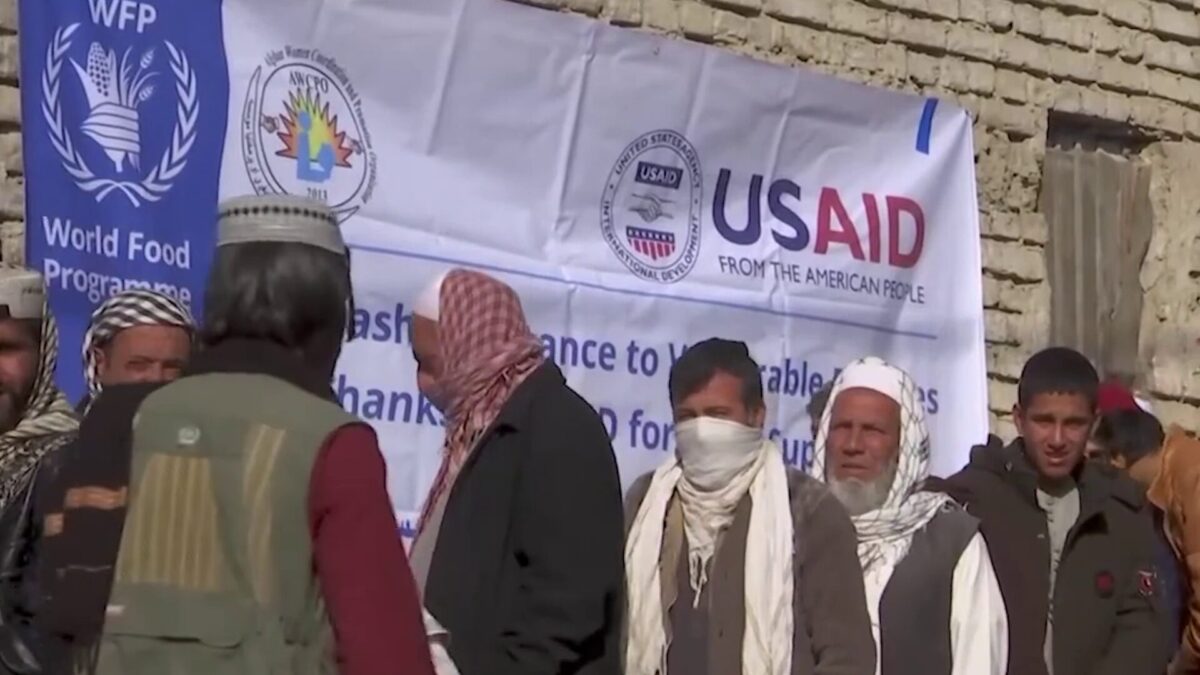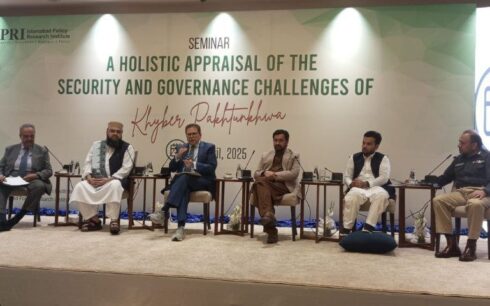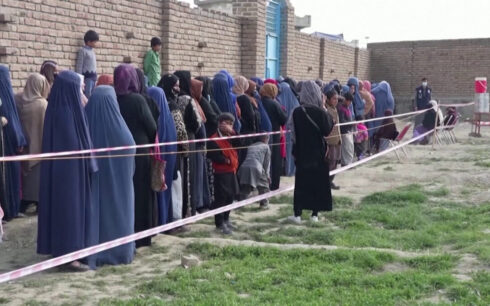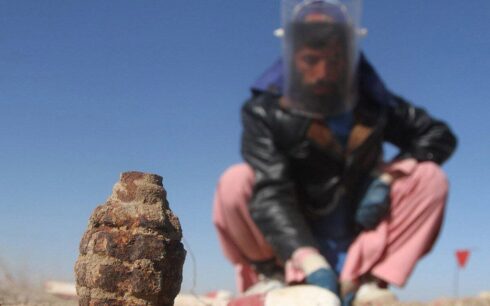A financial tracking review by Amu TV shows that the United States has not delivered $194 million in pledged aid for Afghanistan through the United Nations, despite commitments to disburse the funds in three installments in February.
Data shows that the Biden administration had committed to two payments—$170 million and $24 million—earlier this month, but neither has been processed. A third installment of $255,000, scheduled for February 6, was also not paid.
The commitments were made three days before Donald Trump’s inauguration, but the new administration has yet to act on them.
A shift in US aid priorities
For the past 24 years, the U.S. has been Afghanistan’s largest donor, providing more than $109 billion in aid. However, under the new Trump administration, the future of foreign assistance is in question.
Michael McCaul, chairman of the U.S. House Foreign Affairs Committee, signaled that U.S. funding decisions would be reassessed:
“We will continue to review every single program and assess whether it strengthens U.S. national security. If a program does not meet that standard, it will no longer receive taxpayer funding.”
The three withheld payments were intended to fund healthcare, food aid, and humanitarian protection. The largest portion—$170 million—was earmarked for the World Food Programme.
In total, USAID and the State Department had pledged $234 million toward the U.N.’s 2025 humanitarian response plan. However, U.N. financial records suggest that, following Trump’s January 24 executive order, U.S. aid to Afghanistan has been halted.
Growing humanitarian concerns in Afghanistan
While some Afghan economists believe the country can manage temporarily without international aid, concerns are mounting over the long-term consequences of a sustained cutoff.
“We can manage for up to two months while aid is being reviewed and delayed, but not if it is permanently cut,” said Sayed Masood, a former professor at Kabul University.
The U.N.’s humanitarian coordination office recently disbursed $643,000 to its agencies, but the organization warns that the funding gap remains severe.
The U.N. has stated that it needs $2.4 billion to assist more than 16 million vulnerable Afghans. So far, only 12% of that amount has been pledged.
“People are suffering. They cannot afford fuel,” said a Kabul resident, underscoring the deteriorating conditions.
Although U.S. Secretary of State Antony Blinken authorized exceptions to continue funding essential aid programs, including food, shelter, and healthcare, U.N. financial records suggest these measures have yet to provide meaningful relief in Afghanistan.





